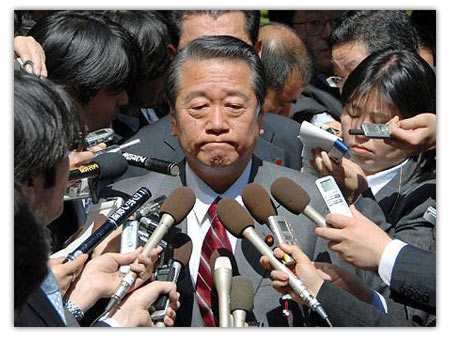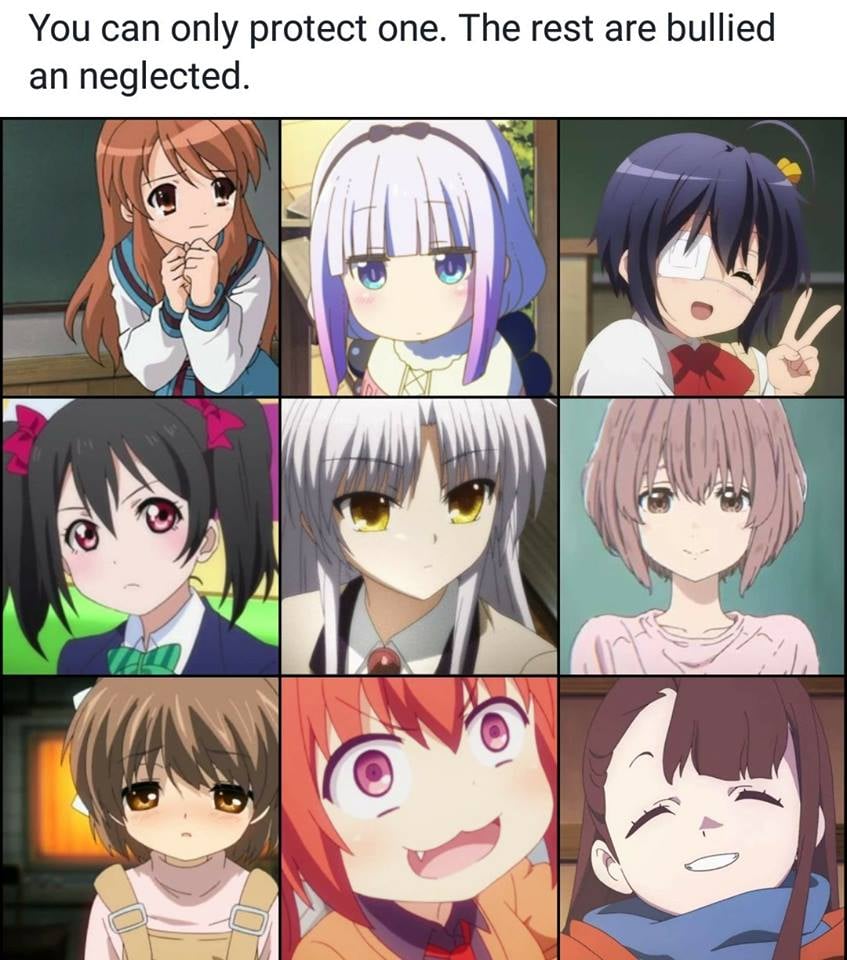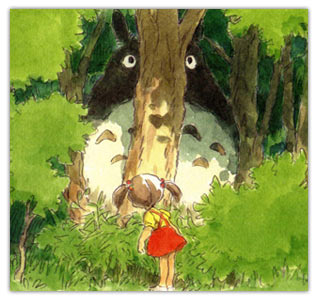I was recently asked to write about the news media in Japan, and I’m happy to oblige. Like other countries, the Japanese masu-komi (as the media is called, from “mass-communications”) reports on various news events to keep everyone informed on what’s happening in the world. From the beginning of Japan’s rapid industrialization during the Meiji Period newspapers have been been important industries, and several have come to form the center of complex corporate networks that also own television stations, baseball teams, and so on. As with all things, politics enters the reporting to a certain degree, and you pick up pretty quickly that Yomiuri-affiliated news sources will generally be on the conservative side while Asahi Shimbun’s networks will lean to the left. The exception to this is NHK, Japan’s version of the BBC, which strives in all things to be completely neutral. There are some interesting blind spots in the way the media works here. For example, they tread lightly when discussing certain topics, such as the Imperial Family or any topic related to a certain politically well-connected Buddhist religion. When Google rolled out a nifty feature that allowed users to overlay historical maps with their own neighborhoods there was criticism because the maps allowed everyone to see which areas had been designated for burakumin, the class of people who performed “unclean” jobs like tanning and cremation. Any discussion of the burakumin is a huge taboo in Japan and the news media uniformly avoided reporting on the Google scandal. The exception was Yahoo Japan, which is increasingly gaining a reputation as a place to turn to for unfiltered news.

Japan’s Masu-komi is always on the job, unless the subject matter is one they don’t cover for some reason.















